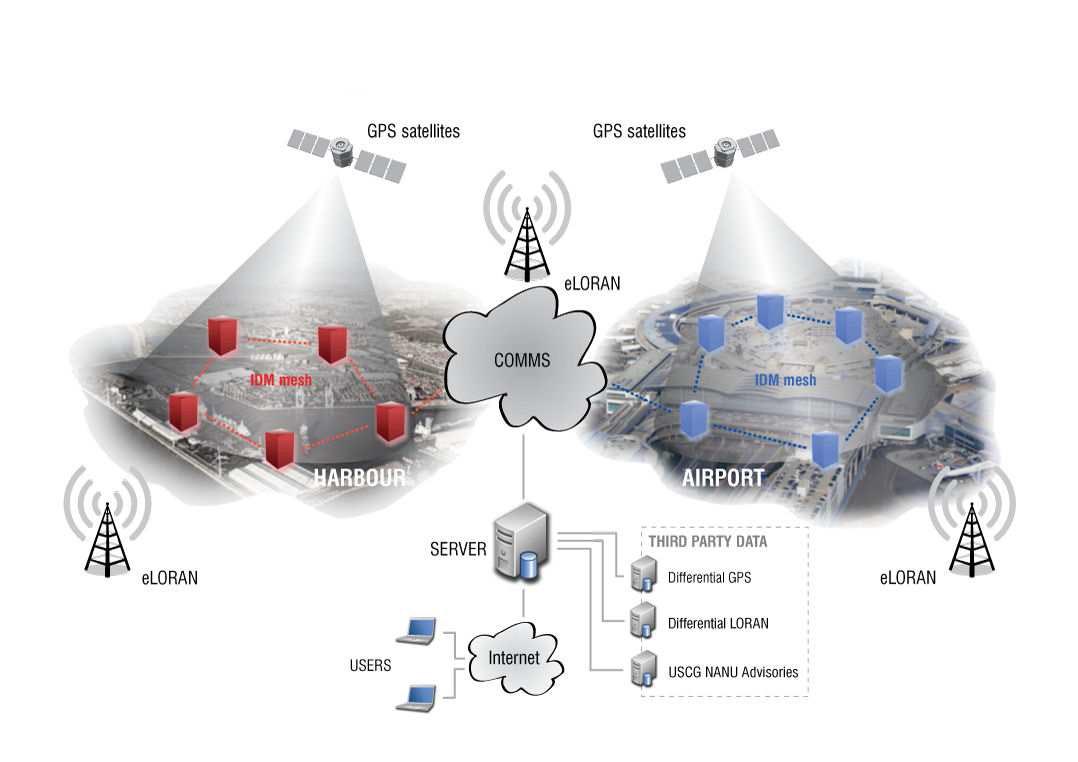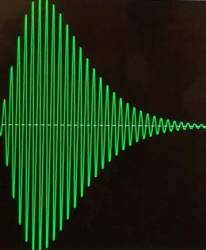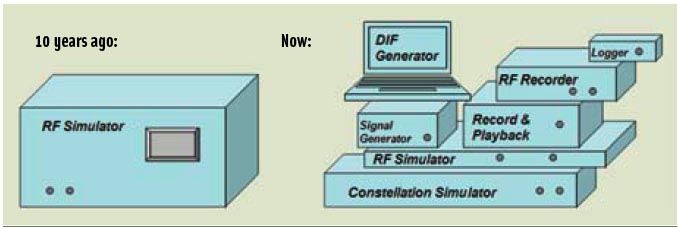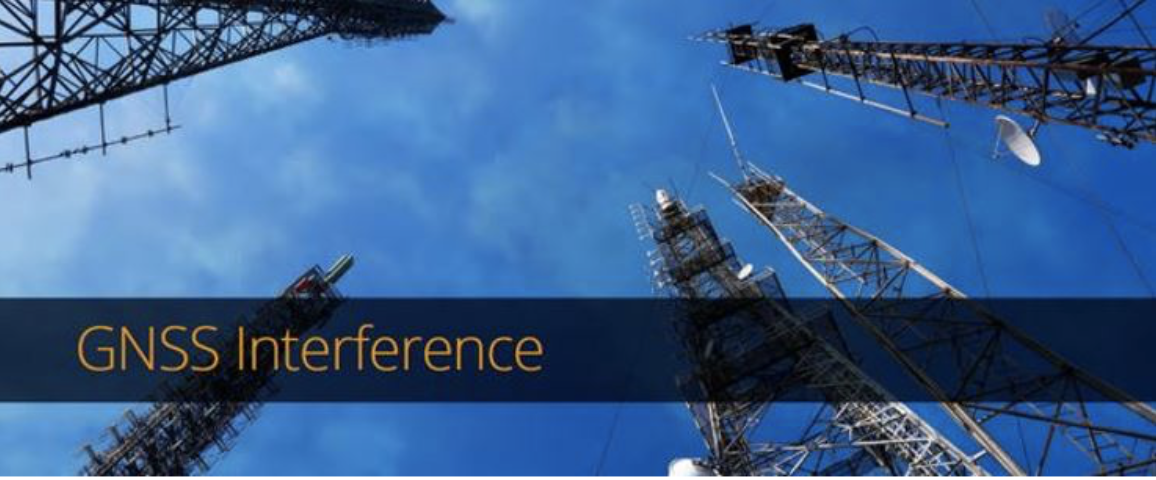A group of American and British companies is coalescing around a plan to provide Europe with a commercial, eLoran-based backup for the timing information now provided by GNSS signals.
The Earth Star consortium is made up of American and British companies and a few interested individuals, said Dana Goward, the president of the RNT Foundation. Goward, who is familiar with the group. He told Inside GNSS the consortium has yet to file formal organizational paperwork but would soon do so, most likely in Great Britain.
A group of American and British companies is coalescing around a plan to provide Europe with a commercial, eLoran-based backup for the timing information now provided by GNSS signals.
The Earth Star consortium is made up of American and British companies and a few interested individuals, said Dana Goward, the president of the RNT Foundation. Goward, who is familiar with the group. He told Inside GNSS the consortium has yet to file formal organizational paperwork but would soon do so, most likely in Great Britain.
“They are for real,” said Goward. “I would expect some sort of formal announcement in a couple weeks.”
The Earth Star group is distinct from a public-private partnership proposed earlier this year by an individual who claimed to have backers interested in investing in an eLoran service in Europe. Although that project failed to come together, the groundwork laid by the General Lighthouse Authority (GLA) and others during its consideration sparked the second proposal. The GLA manages the currently operating eLoran system for the United Kingdom and Ireland.
The EU already has an eLoran system providing navigation and timing across much of northern Europe. That system is now in jeopardy, however, as France and Norway have said they plan to mothball their stations next year, and France has said it would also dismantle its two stations in 2016. Norway has not made the disposition of its four stations clear. The British are unlikely to continue supporting their stations should France and Norway pull out.
Once torn down, the stations — which are placed in locations essential to supporting the network — would not likely be replaced.
The European decision to back away from eLoran is based in large part on a U.S. decision several years ago to abandon its eLoran plans, despite a clear earlier consensus the system was necessary as a backup to GPS and the George W. Bush administration’s latter-day go-ahead to the program.
“When the US turned its back on eLoran five years or so ago, having announced that it was going to go ahead, this had a baleful effect in Europe,” said radionavigation expert Prof. David Last.
Although the United States is now considering reversing that decision and coming down in favor of an eLoran system, he said, the years-long debate in Washington “continues to be an entirely negative factor” when it comes to convincing European officials to maintain their network.
Waiting for U.S. Decision, But Not Too Long
“When we argue in Europe that we need this and that eLoran is the answer,” Last said, “they say ‘well that’s not what the U.S. says.’"
American supporters of eLoran — including a bipartisan coalition of lawmakers who have sharply rebuked the government for its multitude of studies and foot dragging on the issue — have been waiting for months for word on a decision that was supposed to have taken place in early September. A draft of the announcement on that decision, sources suggested, has become ensnared in the bureaucratic backwaters of the nation’s capital.
The decision has stalled, in part, around and anxiety that an investment in eLoran would not attract sufficient numbers of users to justify its expense. At several members at this week’s National Space-Based PNT Advisory Board asked, paraphrasing the mantra regarding the magical baseball field in an Iowa corn patch in the movie, Field of Dreams,"If we build it, will they come."
A tasking to officials involved in the "Complementary PNT" issue at the September 3 meeting of the National Space-Based PNT Executive Committee "seemed to be that we should pursue a market-based eLoran," said Karen Van Dyke, Director, Positioning, Navigation, and Timing and Spectrum Management
in the Office of the Assistant Secretary for Research and Technology
Administration.
Responses to a Federal Register notice on the subject earlier this year, elicited about 200 comments, a majority of them favorable to eLora. Maritime and timing communities indicated a willingness to use the system, but the aviation community — which has a much longer timeline for specifying, certifying, and installing new equipment — has expressed a preference for ground-based navigation aids as a complement to GNSS.
Once the United States clarifies its course of action, as long as it doesn’t take too long, the decision is likely to ripple around the globe.
“There is no doubt that if some sort of public-private partnership were established in the U.S. to take eLoran forward in some way, that would be of huge significance to Europe,” said George Shaw, principal development engineer with the GLA.
American firms have a lot to gain, said Last, noting that a positive decision in the United States would also affect decisions in the Middle East and India, triggering a great deal of activity. “And this,” he said, “is an area in which U.S. companies hold most of the cards.”
“There are U.S. companies who are going to profit substantially from a positive decision both within the U.S. and the in export markets,” explained Last, “because a good deal, not all but a good deal, of the technical know-how — and the products that will flow into these markets — comes out of the U.S.”
Nothing will move forward, however, said Last, until the United States finally makes its plans known.
“Although in the U.S. there have been endless discussions within the [Washington, D.C.] Beltway,” said Last, “they count for nothing in the rest of the world. It’s only actions that count.”






